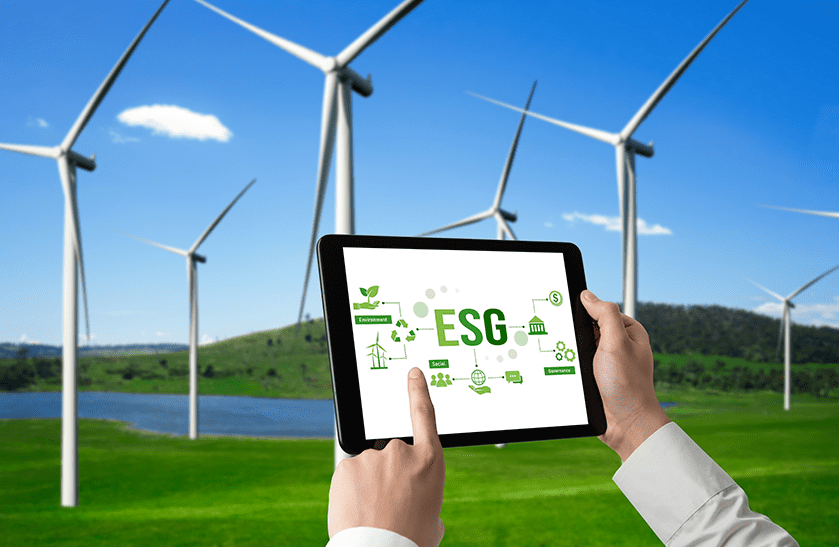
Since 2020, ESG has become one of the most discussed topics in Korea. The global climate change crisis is no longer someone else’s concern, and the request for industrial safety has grown intensively. In these circumstances, two important acts became effective in Korea in 2022. The first act is the Framework Act on Carbon Neutrality and Green Growth for Coping with Climate Crisis (the “FACN”), and the other act is the Serious Accidents Punishment Act (the “SAPA”).
The FACN, which entered into force on March 25, 2022, aims to strengthen policy measures to reduce greenhouse gases and adapt to climate change to prevent the serious impact of the climate crisis and contribute to the sustainable development of the international community. Unlike former legislation concerning carbon reduction, the FACN prescribes a clear target for carbon neutrality. Firstly, the FACN provides that the Korean government shall establish a national vision for transition to a carbon-neutral society by 2050. Secondly, the Act requires the Korean government to set a national medium- and long-term greenhouse gas (“GHG”) emission reduction target to reduce emissions by 35% or more from the 2018 levels by 2030. Following the legislation of FACN and discussions with stakeholders, the Korean government finally set a final plan to reduce GHG emissions by 40% by 2030, and the plan was submitted as Korea’s 2030 nationally determined contribution (“NDC”) goals to the 26th United Nations Climate Change Conference of the Parties held in Glasgow, Scotland, last year.
The Korean government’s 2030 NDC goal surely made significant progress in instigating climate change actions, but it also posed many challenges to the Korean government and entrepreneurs. Since around 30% of the nationally created added value as of 2020 comes from manufacturing businesses, the rapid reduction of GHG emissions seems to be a tough goal for the Korean economy. For this reason, the Korean government is reconsidering nuclear power generation as one of the transition policies.
The SAPA, which seeks to secure the safety of workers, came into effect on January 27, 2022. The SAPA mainly aims to prevent serious accidents and protect citizens’ and workers’ lives and physical safety by prescribing punishments for business owners, responsible management personnel, etc., who have caused casualties in violation of their duties to establish safety and health measures while operating businesses. Even though the Criminal Act and the Occupational Safety and Health Act already prescribe the responsible management personnel’s duties to protect the safety of their workers and punishments in violation thereof, the SAPA focuses on mandating the business owner’s particular duty to take measures concerning the establishment and implementation of a safety and health management system, the formulation and implementation of schemes to prevent recurrence of accidents, etc. It is estimated that the enforcement of the SAPA has brought considerable changes in business practice.
Carbon neutrality and workers’ safety in business places have been the main issues in ESG in Korea this year. New legislation heralds changes in business practices, demonstrated by the introduction of ESG to the operation of a fund in the National Pension Service and public corporate disclosure. Furthermore, an ESG policy in public procurement and national finance is under deliberation of the National Assembly, which will lead to positive changes in business practices.

Sang Bong Lee
Partner
DR & AJU LLC
sblee@draju.com
+82 2 3016 5276
Sang Bong Lee is a partner at DR & AJU LLC. His practice is primarily focused on ESG, Infrastructure & Technology, Construction & Real Estate, Corporate, Shipping & Aviation, National Defense, International Arbitration & Litigation, and Corporate Succession.

RHTLaw Asia is a member of ONERHT, an integrated network of multidisciplinary professional and specialist services which empowers stakeholders to achieve purposeful growth.
© 2024 RHTLaw Asia LLP. All Rights Reserved.
| Cookie | Duration | Description |
|---|---|---|
| cookielawinfo-checkbox-analytics | 11 months | This cookie is set by GDPR Cookie Consent plugin. The cookie is used to store the user consent for the cookies in the category "Analytics". |
| cookielawinfo-checkbox-functional | 11 months | The cookie is set by GDPR cookie consent to record the user consent for the cookies in the category "Functional". |
| cookielawinfo-checkbox-necessary | 11 months | This cookie is set by GDPR Cookie Consent plugin. The cookies is used to store the user consent for the cookies in the category "Necessary". |
| cookielawinfo-checkbox-others | 11 months | This cookie is set by GDPR Cookie Consent plugin. The cookie is used to store the user consent for the cookies in the category "Other. |
| cookielawinfo-checkbox-performance | 11 months | This cookie is set by GDPR Cookie Consent plugin. The cookie is used to store the user consent for the cookies in the category "Performance". |
| viewed_cookie_policy | 11 months | The cookie is set by the GDPR Cookie Consent plugin and is used to store whether or not user has consented to the use of cookies. It does not store any personal data. |